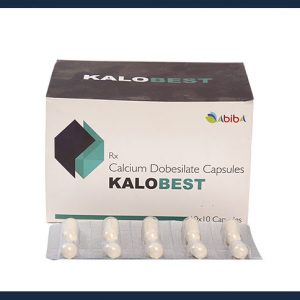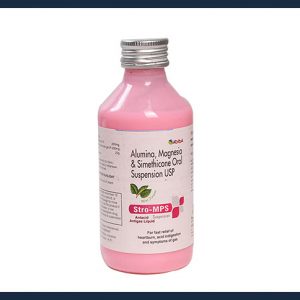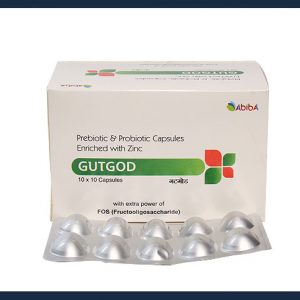Description
Lactulose belongs to the group of chemicals known as antioxidants used for constipation. Constipation refers to a regular flow of stools that are often loose motion, painful, and hard. Infrequent bowel movements in which the stools are often dry, aching, and hard to pass. Hepatitis is a brain-liver dysfunction in which toxins accumulate in the bloodstream which are normally cleared by the liver.
The syrup has ‘lactulose’ which removes water from the body and intestines This loosens the dirt and makes it easier to get to. Apart from this, it also reduces the level of ammonia in the blood of liver disease sufferers which absorbs ammonia from the blood to the colon, thereby facilitating detoxification from the body.
Depending on your medical condition, Lactulose can be taken as long as your doctor prescribes it. In some criteria, you may feel some common side effects such as nausea, constipation, abdominal pain, nausea, and vomiting. Most of these side effects do not require treatment and will gradually disappear over time. However, if you continue to experience these side effects you are advised to talk to your doctor
Drink plenty of water (at least 6-8 cups) while taking LACTULOSE. If you are pregnant or breastfeeding Consult your doctor before taking LACTULOSE. LACTULOSE should only be given if prescribed by a pediatrician.. Tell your doctor if you have diabetes, or if you need a colonoscopy. If you have galactosemia (galactose indigestion disorder) do not consume LACTULOSE.
Benefits of Lactulose Solution Syrup
Lactulose promotes the growth of good gut bacteria that aid in proper digestion. By absorbing ammonia from the blood into the gastrointestinal tract, it works by decreasing ammonia levels in the blood of patients with liver disease thereby facilitating detoxification.
- Constipation,
- Hepatic encephalopathy
Directions for Use of Lactulose Solution Syrup
Solution/Syrup: Shake the bottle well and take the correct amount by mouth using the measuring cup provided by the pack. It can be mixed with water or fruit juice. Soak the Powder/granulated stuff in water and eat.
Side Effects of Lactulose Solution Syrup
Mostly the Lactulose Solution Syrup has mild to moderate side effects that do not last for a long time. The side effects may vary in all the users as it depends on the health condition and response to the therapy. Inform your doctor in case the side effects persist or worsen with time. The range of side effects of noticed when taking Lactulose Solution Syrup are mentioned below:
- Diarrhea
- Abdominal pain
- breathing
- Nausea
- Coughing up the cough
Drug Interactions With Lactulose Solution Syrup
Do not take LACTULOSE if you are allergic to any of the ingredients, galactosemia (galactose intolerance), galactose or fructose intolerance, glucose-galactose intolerance, Lapp lactase deficiency, intestinal blockage, or food separation, if you have lactose/lactose, tell your doctor if you have an intolerance, diabetes symptoms of irritable bowel syndrome, or if you need a colonoscopy. If you are pregnant or breastfeeding, Consult your doctor before taking LACTULOSE.
Drug and Drug Interactions: LACTULOSE may interact with diuretics (furosemide), diuretics (docusate, polyethylene glycol), anticonvulsants (ondansetron), and antidepressants (quetiapine).communication.
Drug and Food Interactions: No relationship found/associated
Drug and Disease Interactions: LACTULOSE may interact with conditions such as intestinal obstruction disease, and galactosemia (galactose dyspepsia).
Health and Diet Suggestions With Lactulose Solution Syrup
- Try to have a balanced diet that includes fresh fruits and vegetables.
- Stay hydrated and drink enough water.
- Exercise regularly, and stay healthy.
- It is commonly taken as needed once a day for 2 weeks. Take as directed by the specialist.
- sleep properly
- Trying to find time to empty your bowels whenever the body tells you to.
- Eat calorie-rich food such as whole-wheat bread, oatmeal, flaxseed, nuts, beans, lentils, and vegetables (broccoli, spinach, sweet potatoes, avocados).fruits (berries, apples, oranges, bananas, pears, figs)
- If you have a history of gastrointestinal infections such as appendicitis or bowel obstruction, tell your doctor.






